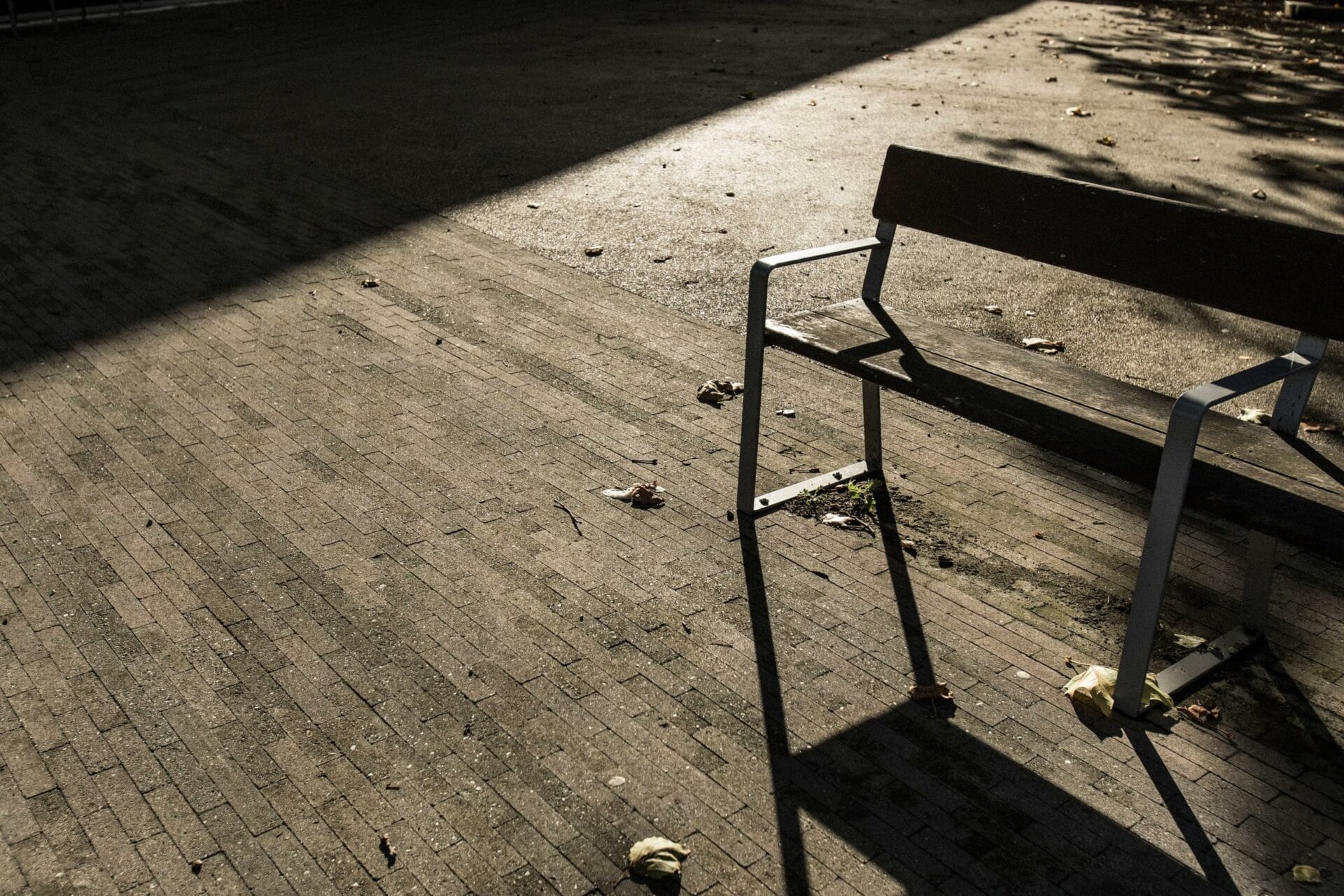1st August 2017, words by Oliver French
Last week nia, a women’s support organisation, published I’m no criminal, which makes a powerful case that the continued existence and disclosure of prostitution-related criminal records is ‘discriminatory, arbitrary, irrational and disproportionate’.
The report presents myriad examples of the dysfunctional nature of the criminal justice system when it comes to prostitution, and makes us question who exactly the system is working for, helping or protecting in these cases.
For example: huge numbers of women first became involved in prostitution through experiences of trauma during childhood and adolescence, and should therefore be supported as victims of exploitation, abuse and trafficking rather than punished as perpetrators of crimes like ‘soliciting’. The legal process in these cases doesn’t seem to recognise the crossover between severe social disadvantage and prostitution.
When women exit prostitution, they are likely to apply for jobs in the caring professions, including work with vulnerable people, older people and children. These are female-dominated professions and seen as potentially suitable routes into the labour market. However, it is in exactly these environments where women who have been involved in prostitution will be automatically flagged as ‘safeguarding risks’ when going through DBS checks, despite the lack of evidence that involvement in prostitution in the past is linked to ‘risk’ to others in the present.
Most convictions disappear from people’s criminal records after a period of time, and are considered spent. However, there are exceptions to this rule, including for ‘multiple repeat convictions’. Women involved in prostitution are likely to incur precisely this kind of record, meaning that offences related to prostitution continue to show up long into the future. Women can find themselves needing to ‘explain’ to employment and recruitment panels – perhaps groups of men – traumatic experiences from years or even decades ago.
This all means women may be refused jobs and responsibilities, even down to helping out on school trips, and makes it more likely that women will choose to avoid the humiliation and steer clear of applying in the first place.
The mechanisms of the law are also shown to be part of the problem rather than part of the solution. For example: if a woman whose only available ‘economic activity’ is to sell sex, where do magistrates and judges imagine she will get the money if she is fined for activities relating to…selling sex? This simply perpetuates the cycle. If we agree that exiting prostitution and offender rehabilitation are both positive aims for policy and practice to work towards, then why do systems work directly against these outcomes instead of promoting them?
This report presents one of the starkest examples of the dominant impact that the criminal justice system can have in people’s lives, and the legacy that it leaves: it has the power to set hurdles and build walls which remain insurmountable to people who’ve experienced multiple disadvantages, regardless of how much their life has changed in other ways over time.
We know that many in the women’s sector had been campaigning on this issue for years before this project, including Denise Marshall, the Chief Executive of Eaves, who sadly died in 2015 and under whose banner this work originally started. nia have argued powerfully that regardless of your personal view on what the best legislative framework for prostitution might be, there is clear room to build common cause in challenging this specific issue of criminal records. We are really pleased that Trust for London are supporting nia to take their campaigning activities and legal test case forward, and hope that it will bring the reform that is obviously and urgently needed.
You can find out more, including the latest on the court case, here.



Comments (0)